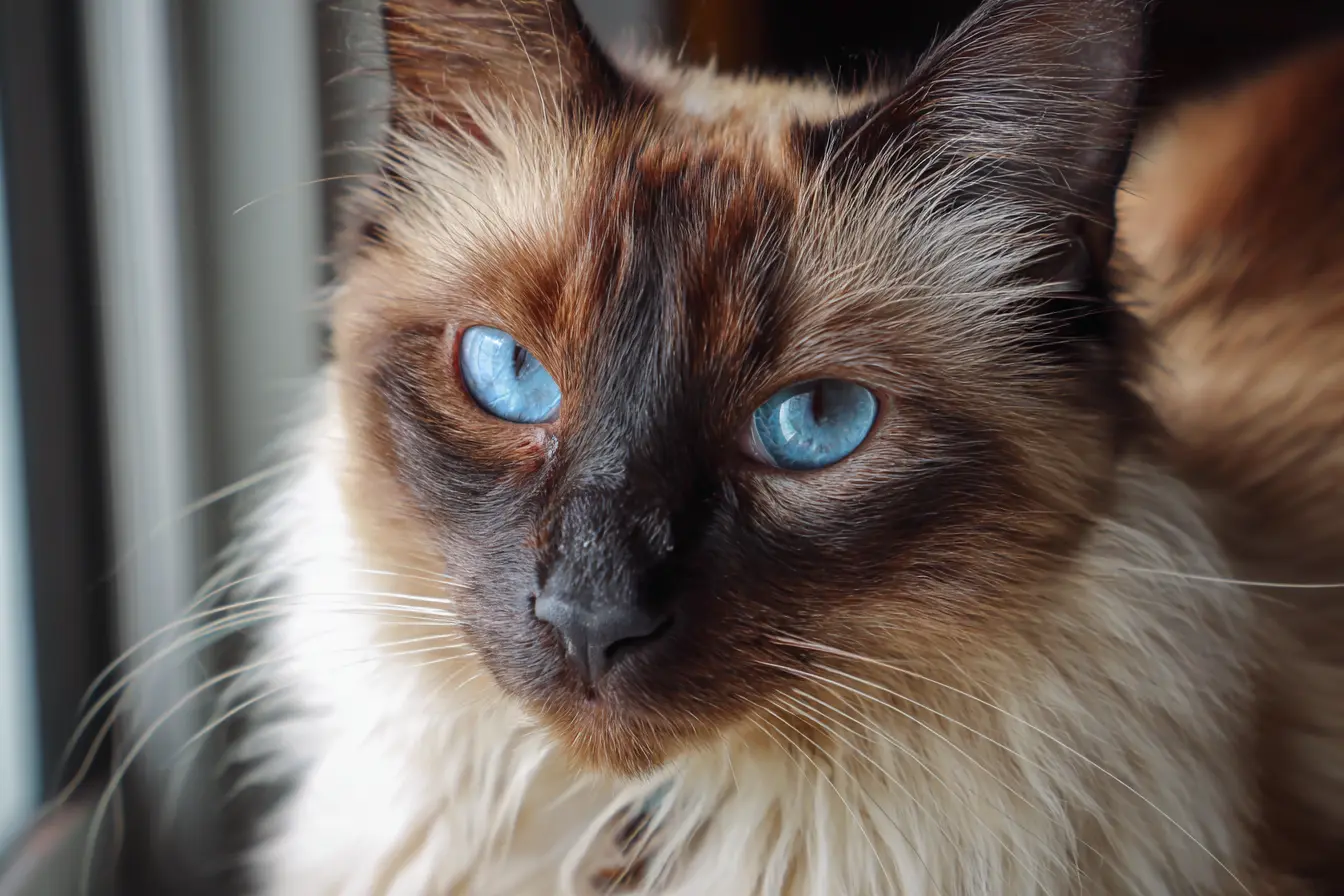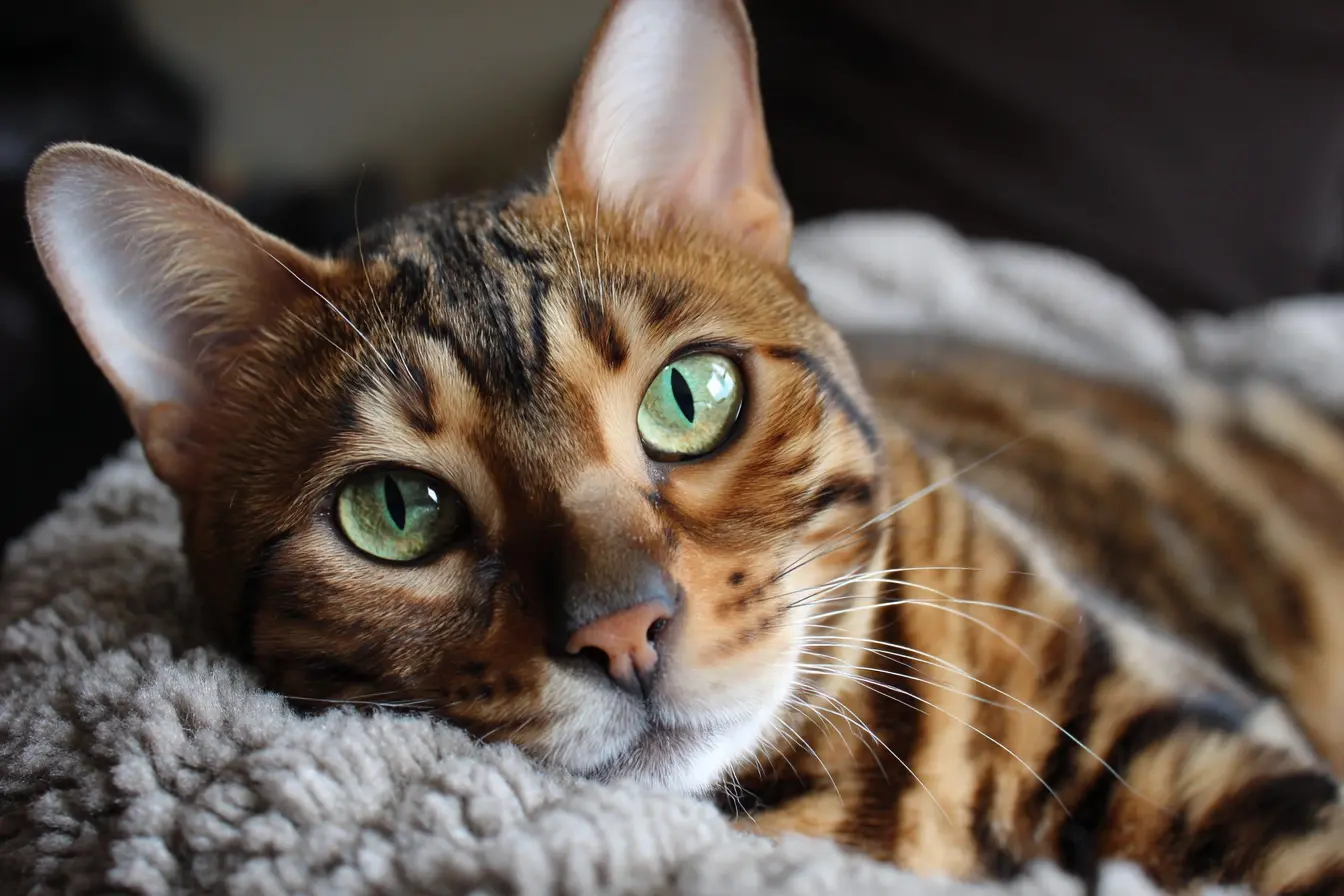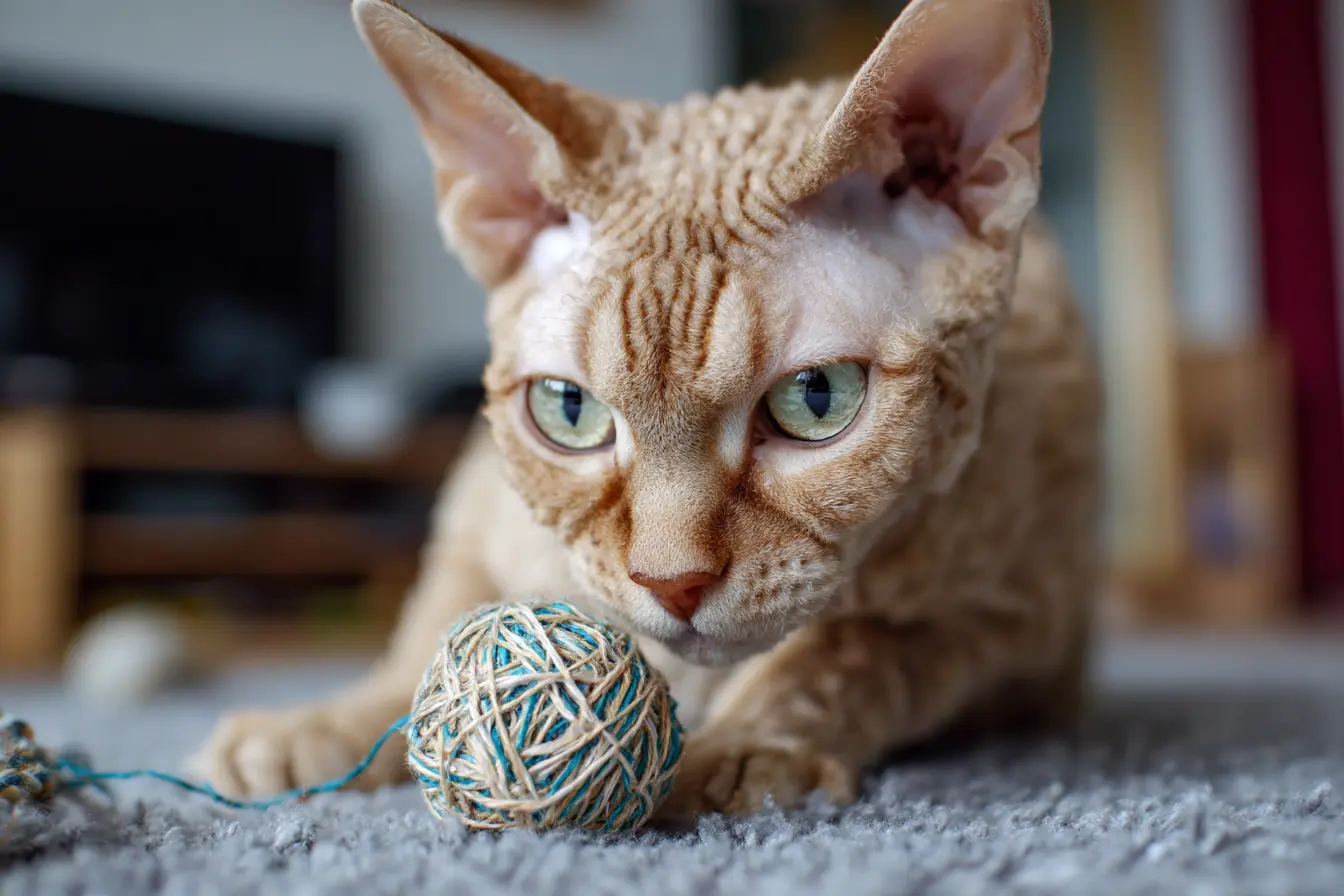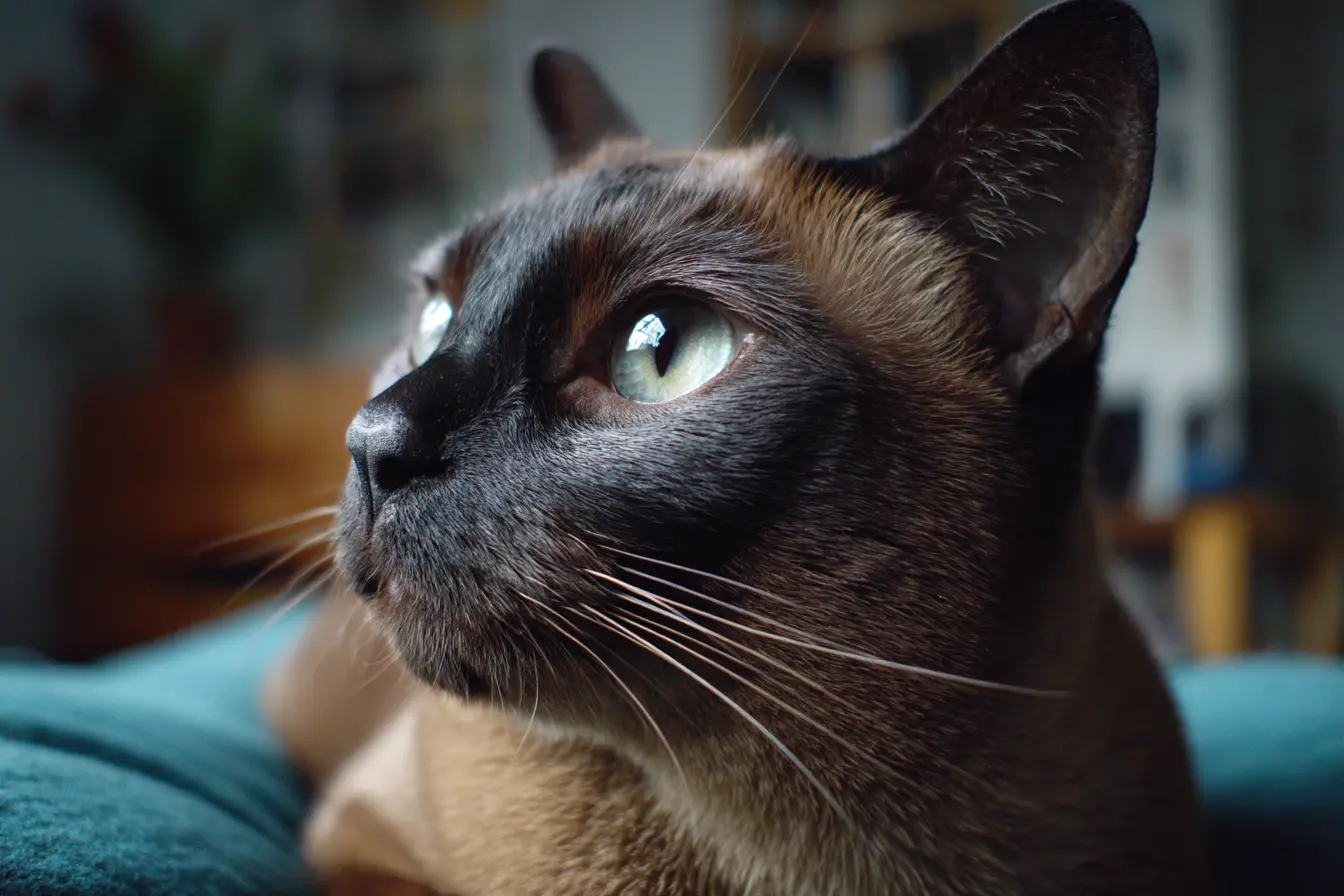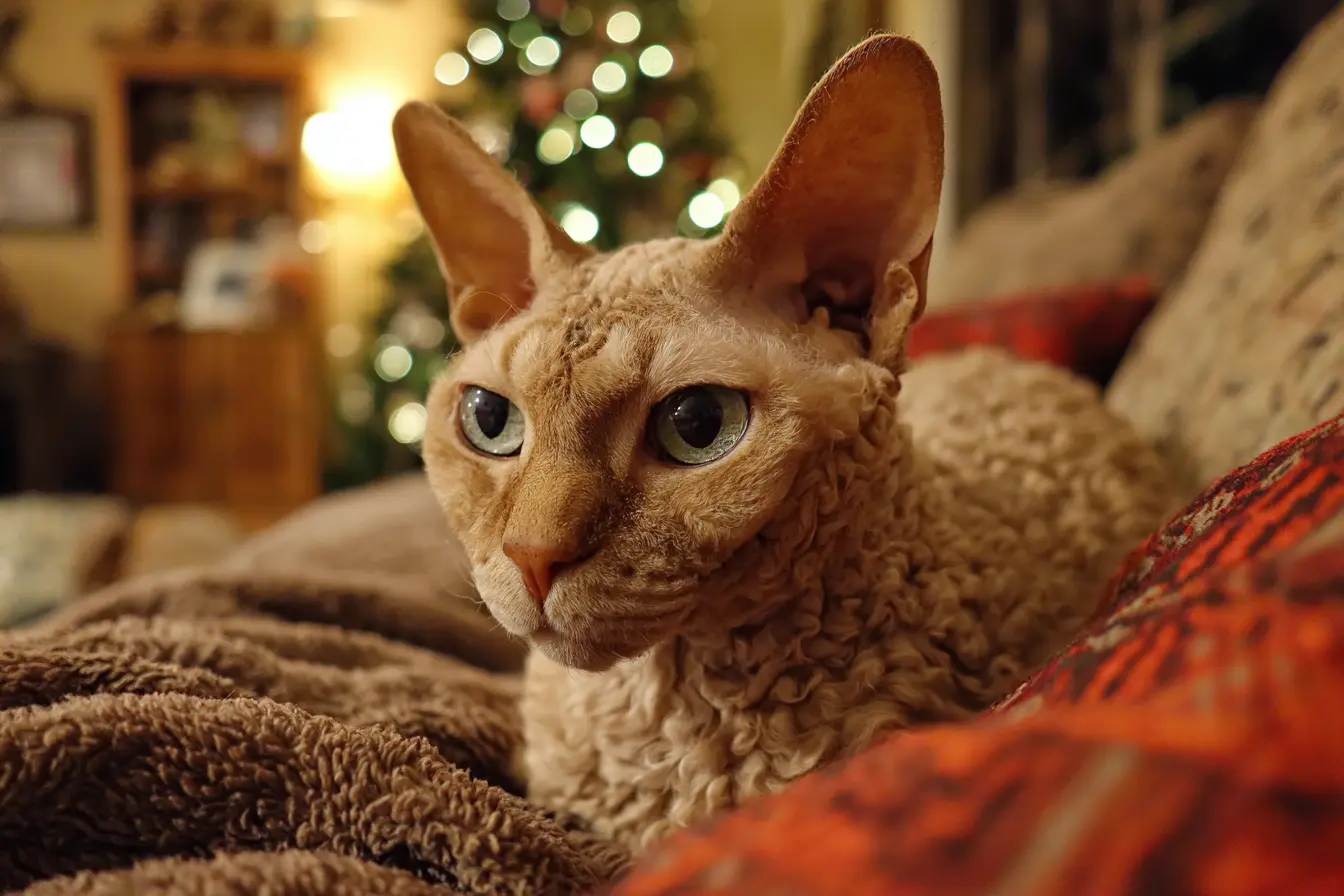
The Cornish Rex Cat: A Sleek Acrobat with a Heart of Gold
Deciding to bring a cat into your home is a joyful step, and if you are drawn to distinctive looks and energetic personalities, the Cornish Rex may be just the breed for you. Known for its soft, wavy coat and lively spirit, the Cornish Rex is both a conversation piece and a devoted companion. This guide offers a complete overview of the Cornish Rex cat, covering everything from its history and characteristics to care needs and suitability as a pet.
Breed History and Characteristics
The Cornish Rex originated in Cornwall, England, in 1950 when a curly-coated kitten named Kallibunker was born to a barn cat. This kitten became the foundation of the breed. The Cornish Rex's unusual coat results from a natural genetic mutation that affects the hair shaft, producing only the soft undercoat (known as the down), with no guard hairs.
Cornish Rex cats are medium-sized and striking in appearance. Their features include:
- A soft, rippling coat that feels like crushed velvet
- A slim, muscular frame
- Large ears set high on the head
- Long legs and an arched back
- A fine, tapering tail
They have a unique elegance combined with an athletic build that gives them a very distinctive silhouette.
Temperament
Cornish Rex cats are renowned for their playful, people-loving personalities. They are intelligent, active, and affectionate — often described as "kittenish" well into adulthood. These cats are extremely sociable and thrive on human interaction, making them ideal for families, singles, and anyone looking for a close feline companion.
They enjoy being part of every aspect of home life and are known to follow their owners around the house, perch on shoulders, and sleep under the covers. Their playful, sometimes clownish nature makes them endlessly entertaining, and they love interactive games, puzzles, and climbing challenges.
Health and Lifespan
The Cornish Rex is generally a healthy breed with a lifespan of 12 to 16 years or more. However, like all pedigree cats, they can be prone to some inherited or breed-related health issues, including:
- Hypertrophic cardiomyopathy (HCM)
- Patellar luxation
- Genetic baldness (in some lines)
- Sensitivity to cold due to their thin coat
Routine vet visits, regular health screenings, and attention to warmth and comfort are important to ensure a long and healthy life.
Care and Grooming
The Cornish Rex's coat is remarkably easy to care for. With no guard hairs and a very fine texture, their fur rarely mats or tangles. A gentle weekly rub with a soft cloth or grooming mitt is usually all that’s required.
Because they have such a thin coat, Cornish Rex cats can become oily more quickly than other breeds, so occasional bathing may be needed. Their ears are also prone to wax build-up and should be checked and cleaned regularly.
These cats have higher-than-average body temperatures and love warmth. Be sure to provide cosy blankets, sunny spots, and warm resting areas — especially in cooler climates.
Living Environment
Cornish Rex cats are indoor cats and should be kept safely inside due to their lack of insulating fur. They adapt well to flats, houses, and busy or quiet homes, as long as they have plenty of attention and stimulation.
Their active and agile nature means they benefit from:
- Vertical space (cat trees and shelves)
- Regular playtime
- Access to puzzle toys and games
- A safe, warm place to nap
They are social and often do well in multi-pet households, enjoying the company of both cats and friendly dogs.
Training and Socialisation
These cats are exceptionally intelligent and quick to learn. They enjoy mental stimulation and can be trained to:
- Fetch toys
- Perform tricks
- Use puzzle feeders
- Walk on a harness
Social by nature, Cornish Rex cats usually get along well with visitors and adjust to new experiences when properly introduced. Early socialisation ensures they grow into confident, friendly adults.
Considerations for Prospective Owners
- Coat Care: Minimal brushing but may need occasional bathing and ear cleaning.
- Warmth: Sensitive to cold — ideal for indoor-only lifestyles with cosy spots.
- Social Needs: Highly affectionate and best suited to homes with regular human interaction.
- Activity Level: Very active — needs daily play and enrichment.
Conclusion
The Cornish Rex is a cat like no other — sleek, elegant, and full of character. Their soft, wavy coats and energetic personalities make them stand out among feline breeds. For those seeking an affectionate, playful, and interactive companion, the Cornish Rex offers companionship that’s as unique as it is loving.
If you're ready to embrace the fun, energy, and charm of a Cornish Rex, this breed could be the ideal addition to your household. As with any pet, it's important to spend time with the breed and speak to reputable breeders or rescue centres before making your decision. Remember, adopting a cat is a commitment that lasts a lifetime — one that, with the Cornish Rex, promises to be full of warmth, laughter, and love.
Vets near you
Speciality vets
- Aquatics vet specialists
- Birds vet specialists
- Camelids vet specialists
- Cats vet specialists
- Cattle vet specialists
- Deer vet specialists
- Dogs vet specialists
- Equines vet specialists
- Exotic vet specialists
- Goats vet specialists
- Pigs vet specialists
- Poultry vet specialists
- Sheep vet specialists
- Small Mammals vet specialists
- Wild vet specialists
Vet facilities
- Accessible by public transport
- Blood testing
- Car park nearby
- Client car park
- Dentistry
- Diagnostic imaging
- Disabled public access
- Flea and worm treatments
- Microchipping
- Mobile services
- Neutering
- Open at weekends
- Out-of-hours service
- Referral interests
- Referrals only
- Street parking outside
- Toilets available
- Vaccinations
